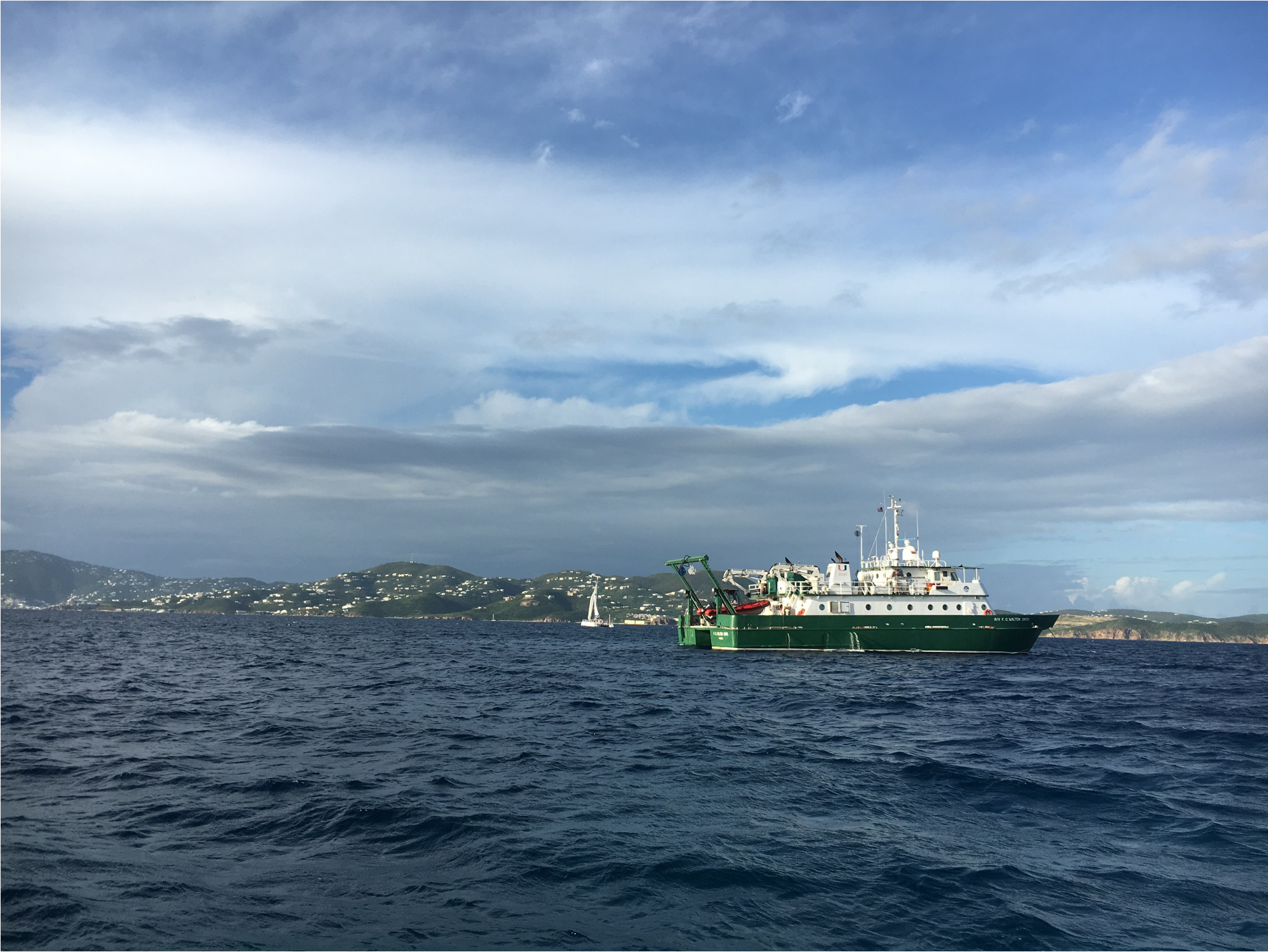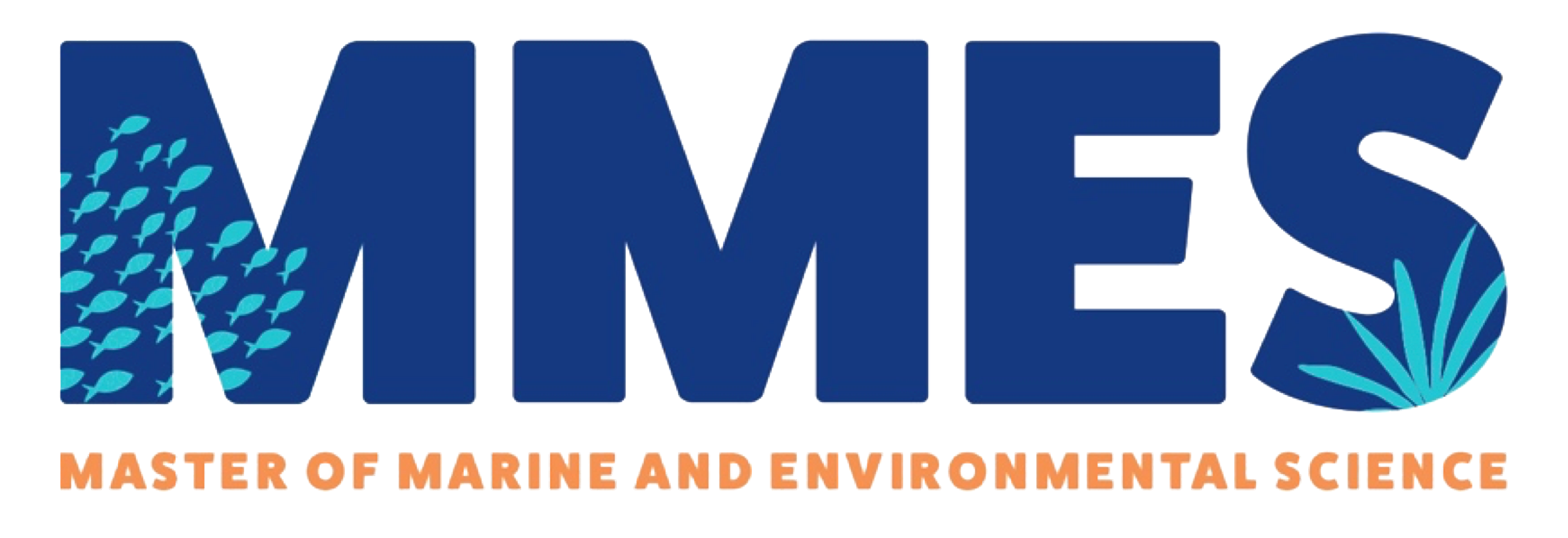Example data
RAPID project studying sponge communities after hurricanes Irma and Maria
Data Collection: Surveys, conducted in December 2017 using the US Virgin Islands Territorial Coral Reef Monitoring Program (TCRMP) methodology, resulted in a wealth of data (Gochfeld et al. 2020)
Benthic Assessments: At each site, benthic cover surveys were conducted annually along six 10 m long permanent transects marked with steel or brass rods. Video sampling consisted of one diver traversing each transect videotaping the benthic cover using a high definition digital video recorder. After taping, images from each transect were captured and imported into RStudio where twenty randomly allocated points were superimposed on each image. Analysis consisted of identifying the substrate located under each point to calculate percent cover of coral, epilithic algae (EAC), macroalgae, sponges, gorgonians, and sand/sediment.
Coral Health Assessments: At each site, coral health surveys were conducted annually along six 10 m long permanent transects marked with steel or brass rods. All coral colonies located directly under the transect lines were assessed in situ for signs of mortality and disease following a modified Atlantic and Gulf Rapid Reef Assessment protocol (Kramer 2003).

